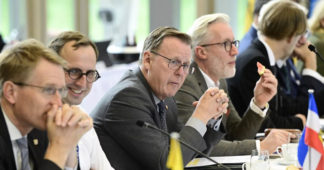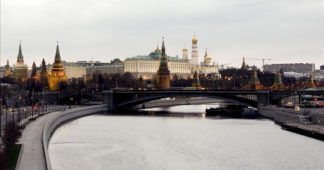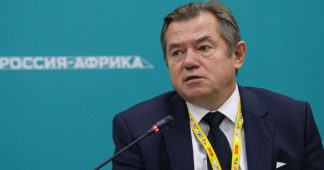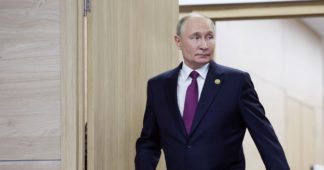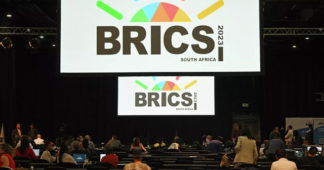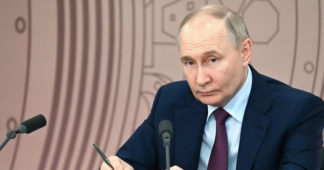Ekaterina Blinova*
Mar 12, 2025
Eurasia needs a continent-wide structure akin to the African Union or CELAC, according to Russian Foreign Minister Sergey Lavrov. What is he implying?
- A network of free trade zonesInter-bloc trade and economic partnerships
- Expanded settlements in national currencies & independent payment systems
- Development of Eurasian transport corridors
- A foundation for indivisible security on the continent
- Territorial integrity, economic sovereignty and cultural and social protection for member states
- A common platform to settle disputes and prevent conflicts
March 2025: Russia is not imposing anything but rather initiating a discussion on a vision for Eurasia’s continental structure, which could serve as the foundation for a future security architecture, stated Russian Foreign Minister Sergey Lavrov.
*Ekaterina Blinova
Ekaterina Blinova is a freelance journalist and has been a Sputnik contributor since 2014. She has a specialist’s degree in history and specialises in US, European, Middle Eastern and Asian politics, international relations, sociology and high tech.
We remind our readers that publication of articles on our site does not mean that we agree with what is written. Our policy is to publish anything which we consider of interest, so as to assist our readers in forming their opinions. Sometimes we even publish articles with which we totally disagree, since we believe it is important for our readers to be informed on as wide a spectrum of views as possible.
